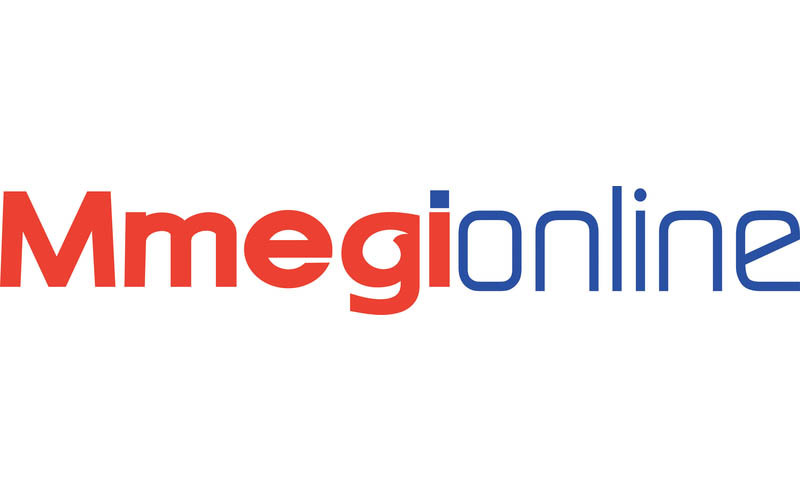This week, we watched with growing unease as the President of the Republic, His Excellency Duma Boko, used a Botswana Police Service platform to issue disparaging remarks about the media.
While every citizen, including the Head of State, has the right to voice opinions, the tone and context of the President’s comments were regrettably dismissive and risk chilling free expression in our country. The remarks are not isolated. They form part of a disturbing pattern of public attacks on independent institutions pillars essential to the healthy functioning of our democracy. The Judiciary, the Legislature, and now the media have all come under sharp and public criticism from the highest office in the land. Last year, the President’s pointed remarks about the Judiciary were followed by the resignation of the Chief Justice. More recently, he accused Parliament of failing to understand its legislative role an accusation made without meaningful engagement or follow-up, even after lawmakers called for clarity. The media is not above scrutiny. We, too, make mistakes. But we operate under constitutional protection and in the public interest, striving to inform, question, and hold power to account. Painting us with a broad and negative brush undermines our credibility and, more importantly, erodes public confidence in the democratic process.
What makes this most concerning is that these attacks come at a time when the President’s own Office, under Minister Moeti Mohwasa, has established a media Task Force, which amongst other things, seeks to explore collaborative avenues between government and the media as well as create a conducive environment for the press to thrive. Give that, how can genuine partnership thrive when one side is routinely vilified? There is an unfortunate tendency amongst some African leaders to conflate electoral victory with omniscience to assume that power confers infallibility. They become intolerant of criticism, resistant to advice, and insulated from dissenting voices. This “Big Man” syndrome has done incalculable harm across the continent stifling accountability, breeding corruption, and contributing to the very poverty and instability our democracies are meant to avoid. We had hoped Botswana was moving beyond that legacy. To his credit, President Boko distinguished himself during the 2024 presidential debates by acknowledging his own fallibility. He described himself as Mofokodi--a man who makes mistakes. It was a moment of humility that resonated with many, a welcome contrast to the arrogance often associated with political power. We therefore urge the President to stay true to that spirit. Constructive engagement, not contempt, must guide his interactions with democratic institutions. The media is not the enemy; it is a watchdog, a mirror, and a forum for national dialogue. For the sake of our democracy, let us foster mutual respect over mutual suspicion. At Mmegi, we remain committed to professional integrity, national unity, and a media environment that serves the public. Our doors remain open to dialogue with all stakeholders, including the Office of the President, on how to strengthen that mission.
“The basis of a democratic state is liberty.”–Aristotle





